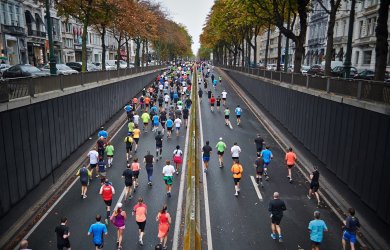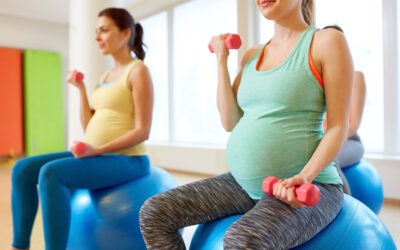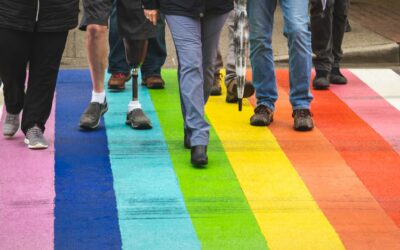You only have to observe the local streets or parks for a few minutes to realise that EVERYBODY has their own style of running, some more obscure than others! But who actually taught you how to run? If you’re an amateur runner the likelihood is that you taught yourself, but is there a right or a wrong way to run? Up to 80% of amateur runners can experience injury at some point every year, and although there is no one-size-fits-all formula on how to consistently run injury free, we can reduce the risk of injury significantly with a Biomechanical Analysis.
What is Biomechanical Analysis?
A full biomechanical analysis comprises of two main components. Firstly, an assessment of specific movements and exercises designed to reveal notable weaknesses in specific muscle groups. This will help to identify any areas of the body that need strengthening or stabilising to achieve an efficient running style. Secondly, a gait analysis is performed on a treadmill. The Physiotherapist will likely film you running from different angles and study the footage to identify any postures or movements that put you at risk of injury. Your movement patterns will also be analysed, and adaptations to these will be suggested to make your running style more efficient.
How can Biomechanical Analysis help me?
There are two main ways this will benefit you. It will easily detect areas of your body that are at risk of getting injured, and show you where you need to strengthen in order to reduce that risk. Due to the repetitive nature of running, our bodies will get used to running in one particular pattern which can sometimes neglect important muscles that need to be strong to support our joints. By strengthening these muscles, you can dramatically reduce your risk of injury.
The second main benefit following a biomechanical analysis is the efficiency of your running will improve. By encouraging better movement patterns and incorporating these into your running, the load going through certain structures of your body will be more even, and techniques used to enable you to run further and/or faster will be taught so you can achieve your goals.
If you feel that a Biomechanical Analysis could benefit you, contact our clinic to discuss this further:
Telephone: 01302 321245
Email: clinic@chapmanphysiotherapy.com
Facebook: www.facebook.com/ChapmanPhysiotherapyDoncaster



